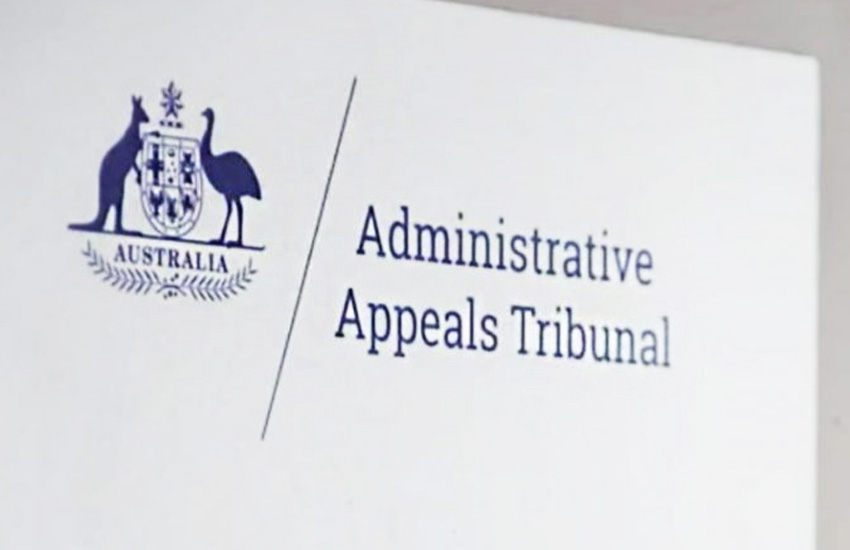The couple, Mr and Mrs Smith, had owed $106,576 in tax debts after their 50-year-old small interstate transport and freight business ran into cash flow problems when a large contractor of the business went into voluntary administration while owing them $80,000.
The couple’s transport fleet also suffered a number of significant mechanical breakdowns, at a cost of $60,000 to the business, ultimately leading them to rack up tax debts from 2015 to 2017.
You’re out of free articles for this month
Mr and Mrs Smith managed to keep the business afloat and sold it in May 2017, with $70,385 in net proceeds after paying out loans and associated costs.
Instead of prioritising their tax debts, the couple used the money to pay debts owed to other parties with whom they had long-standing business relationships, including meeting the superannuation and long service leave entitlements owed to an employee.
Appealing to the AAT, the couple said that their day-to-day living expenses currently exceeded their limited income made up of the pension and Mr Smith’s casual work as a truck driver. They also told the tribunal that they had no realistic capacity to borrow against their home in a retirement village and their two modest cars.
The ATO, however, argued that they should not be released from their tax debts because they failed to meet their tax obligations by lodging late returns on more than one occasion, and had realised assets and paid out creditors and an employee in priority to meeting their tax obligations.
AAT senior member Matthew Groom accepted the ATO’s contentions but ruled that a full repayment of the tax debt would put the couple into a position of serious hardship.
He said that while the couple had failed to sufficiently manage their tax affairs, it was not an example of “wilful blindness” but an example of a business that had run into trouble from “a number of adverse events outside of their control”.
Mr Groom reduced their tax debts to $21,000 — an amount that the couple said they would be able to pay from their savings without causing serious hardship.
In making the decision, Mr Groom also took into account the couple’s contribution to the economy in running a business and employing staff, as well as their advancing age and capacity to earn income during their retirement years.
“Of most significance to the Tribunal is the fact the over the course of approximately 50 years, the applicants have operated businesses and, in doing so, have made a considerable contribution to the economy,” said Mr Groom.
“During that period, the applicants have employed a number of full-time staff… at its peak the applicants’ business employed as many as 10 people. The Tribunal is mindful that the applicants have made a very significant contribution to the broader Australian community by successfully operating a business and employing people over such an extended period of time.
“Having regard the fact that the initial events leading to the applicants’ business running into cash flow difficulty were beyond their control, the significant contribution the applicants have made to the community through the operation of their business for approximately 50 years, and the likelihood of them facing serious hardship through their retirement years if required to pay the tax debt, the Tribunal is a satisfied that on balance it is appropriate to exercise the discretion available to release the applicants of their tax debt in part.”
Jotham Lian
AUTHOR
Jotham Lian is the editor of Accountants Daily, the leading source of breaking news, analysis and insight for Australian accounting professionals.
Before joining the team in 2017, Jotham wrote for a range of national mastheads including the Sydney Morning Herald, and Channel NewsAsia.
You can email Jotham at: This email address is being protected from spambots. You need JavaScript enabled to view it.

 Login
Login







